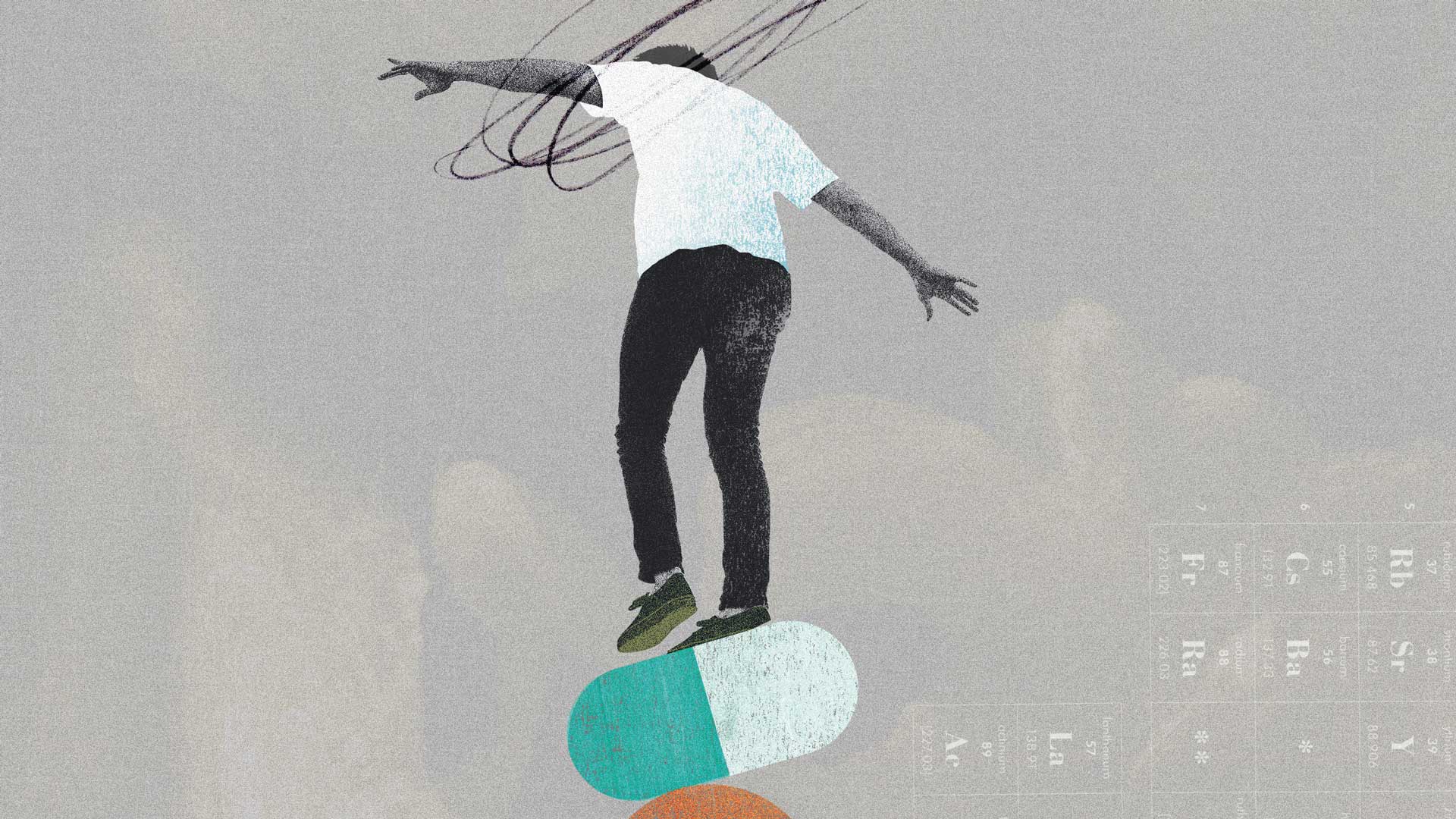Itcould be said the stories behind my book Hardy Tree landed in my lap – I am, after all, the grandson of its subject John Yerbury Dent, once known as a pioneer of addiction therapies. But I’d be lying if I said it was easy; being faithful to what actually happened was critical, but I also felt a compelling need to do the story and its political message justice. Like all of us I have known many who have fallen victim to addiction and its allied conditions; the depressions and anxieties. And of course, with Dent being my grandfather, I felt an acute sense of unease at the exponential rise in suffering that nobody currently seems capable of arresting.
I discussed this with my mother and she gave me her father’s memoirs and piles of unpublished manuscripts. I sought counsel among today’s addiction specialists to see if they could help make sense of it all. What I soon realised is that what is missing today is any sense of moral or ethical probity. Medicine, particularly in the field of the psycho-social diseases, is dominated by pharma and bureaucracy, which can only result in things getting worse. My maternal grandfather symbolised the polar opposite of this ‘pill-a-day’ culture. And as for today’s addiction specialists? Some of them may stand in Dent’s shoes but I have yet to meet one who is truly capable of lacing them.
Confronting this I simply had to explain the gulf between my grandfather’s approach and philosophy and the over-medicalised red-tape idiocy of today; the huge hole that this represents in terms of social provision, the destroyed communities, the homelessness, the addicted and the inevitable worldwide consequence, the countless millions of voiceless dead.
This is a very troubling political story and I realised, probably a bit late in the day that my grandfather and I share a profound political sensibility, a preference for bottom-up politics based on a stewardship of knowledge. Amongst his jumble of writings I found a letter to a publishing friend. He wrote, “I am suspicious of all authority when it is uncontrolled from below.” This clinched it for me. My grandfather was a social democrat who appealed for greater understanding surrounding addiction precisely because it would benefit society.
It is a sad irony therefore that his knowledge has been neglected by the medical and political fraternities. Yet never has it been more critical for society to rethink the current direction of travel. Our drug laws haven’t mitigated the threat of addiction, they have enabled it. This is the consequence of autocratic government, where a lobbying culture in favour of corporate interests prevail, rather than any sense of ethical probity.
Andrew was hinting at the brain’s extraordinary power to intercede on our behalf
My grandfather had used a drug called apomorphine to wean people off their biochemical dependencies. I sought out Professor Andrew Lees at UCL, who has successfully used apomorphine to provide symptomatic relief to those suffering from Parkinson’s disease. I wasn’t feeling very well myself, having just fallen 150ft off a cliff in Snowdonia. Andrew was curious.









